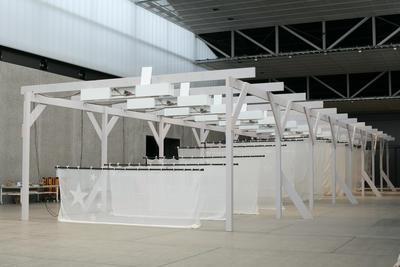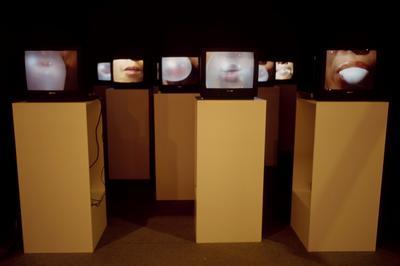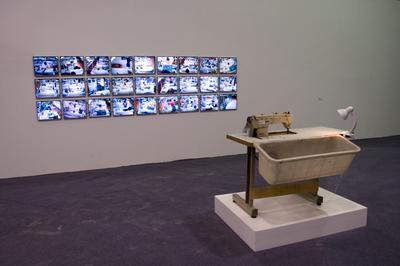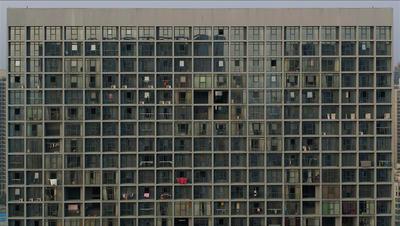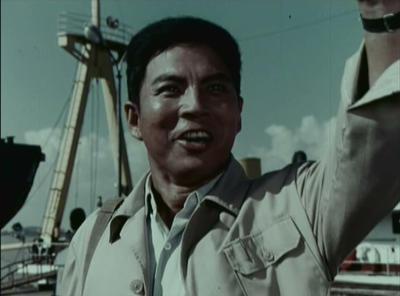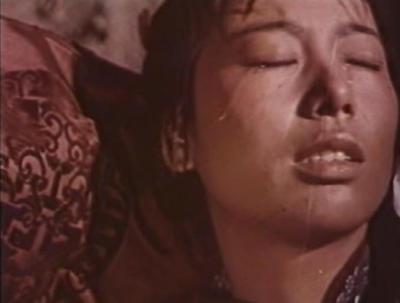Person
Artist
Zhang Peili
张培力
Date of birth
1957
Place Of birth
Hangzhou, Zhejiang, China
Biography
Zhang Peili was born in Hangzhou in 1957, earning his BA in 1984 from the Oil Painting Department of the Zhejiang Academy of Fine Arts, now the China Academy of Art, Hangzhou. Acknowledged as a pioneer of video art in China, Zhang’s influence has been profound, although his conceptual practice has never been confined to a single medium. Zhang Peili’s early paintings of quotidian scenes and objects during the dynamic period of the mid-1980s were influenced by Existentialism, representing feelings of loneliness and alienation. Zhang has said that his strongest influences as a young artist were cinema and literature – Kafka, Camus and Beckett, as well as Latin American writers such as Borges and Marquez, were especially significant. With his artist peers, Geng Jianyi and Song Ling, he formed the Chi She, the Pond (or Pool) Society; their 1985 manifesto proclaimed their aim to obliterate the sacred in art, because ‘the sacred is something you cannot see.’ Suspicious of modernist notions of self-expression and subjectivity, and the romantic tendencies of the ’85 New Wave, Zhang focused on deliberately dreary subjects. His work has been widely exhibited internationally: his earliest works were shown with the Pond Society group of artists in the 1980s, in the 1989 China/Avant-garde exhibition in Beijing, and in the Venice Biennale; 1st Fukuoka Art Triennial and 3rd Asia Pacific Triennial (all 1999). Recent exhibitions include solo and group shows in Shanghai, Beijing, Guangzhou, Gwangju, Osaka, Tokyo, New York, Moscow, London and Paris, including Art and China After 1989: Theater of the World at the Guggenheim Museum, New York in 2017 and a major solo exhibition at Ren Space in Shanghai in 2019. As director of OCAT Shanghai, Zhang Peili has presented many new works and influenced current discourses. Zhang’s influence as a teacher and mentor of younger generations of artists has been incalculable: he returned to the art academy in Hangzhou in 2003 as founder of its New Media Department, and his ex-students form a new wave of innovative experimental artists who demonstrate that video, new media and emergent technologies are as important as painting and sculpture in contemporary Chinese art. He lives and works in Hangzhou.

